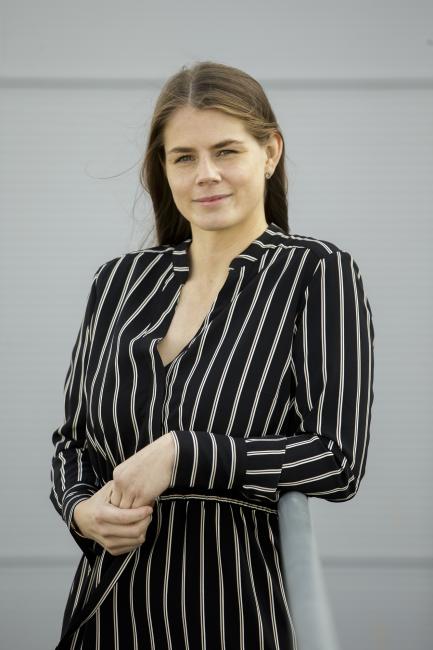Mikaela Jakobsson, Social Analysis

What is your current line of work?
- I am a project manager at Attityd, an analytics company in Karlstad. In addition to my work as a project manager, which includes the planning of surveys and evaluations, I work with analyses that develop or support organisations in processes of change. At the moment, one of my most common work tasks is to evaluate and monitor several structural funds, both in the private sector and in the public sector. That is extremely interesting!
What made you choose the Social Analysis programme?
- I have been curious about the theories of sociology and social psychology for a long time, as well as project management and business development, and it seemed to me as though the Social Analysis programme covered all these perspectives. When I decided to apply, I didn’t know exactly what I wanted my future profession to be, but since it is quite a broad programme of study and since it included many of the areas that I was interested in, it seemed like a good choice. And not to forget, a friend of mine actually recommended it. When I told her what my interests were, she thought this programme would really suit me.
How has your education been useful to you?
- A substantial part of my work concerns understanding, describing, and analysing different organisations. This work is based on different types of collected data, so I have had great use of the methods courses that we took, in terms of both quantitative and qualitative method. In my role as an external assessor of projects, I have also returned to course literature to refresh my analytical way of thinking. As an assessor, I study how projects operate to reach desired goals. What does collaboration, both internal and external, look like in the project? How does communication work inside the project, and how are the results of the project communicated to the outside? In this work, courses on organisation and group dynamics have been helpful. A project involves many individuals who are trying to reach common goals together. This can be challenging, and part of my role as an assessor is to highlight the challenges and provide input regarding potentials for improvement, in order simply to bring the project back or track or help it continue in the right direction.
What would you like to say to students enrolled in the programme today?
- When I was a student, I asked myself what I was actually learning and what kind of work I might be able to do after graduating. My advice is to trust yourselves, and know that what you learn in the programme will manifest itself when you start working. Another suggestion is to complete a placement period. I planned 10 weeks of placement, but ended up doing 20 weeks. Placement periods provide knowledge, experience, and networks – make sure you take advantage of this opportunity!
What are your thoughts about the future?
- My goal right now is to become a really good project manager and continue extending my competence in business development. I think it is important to maintain continuous skills development. My ambition is to keep enhancing my education through adding courses relevant for my work at Attityd.

